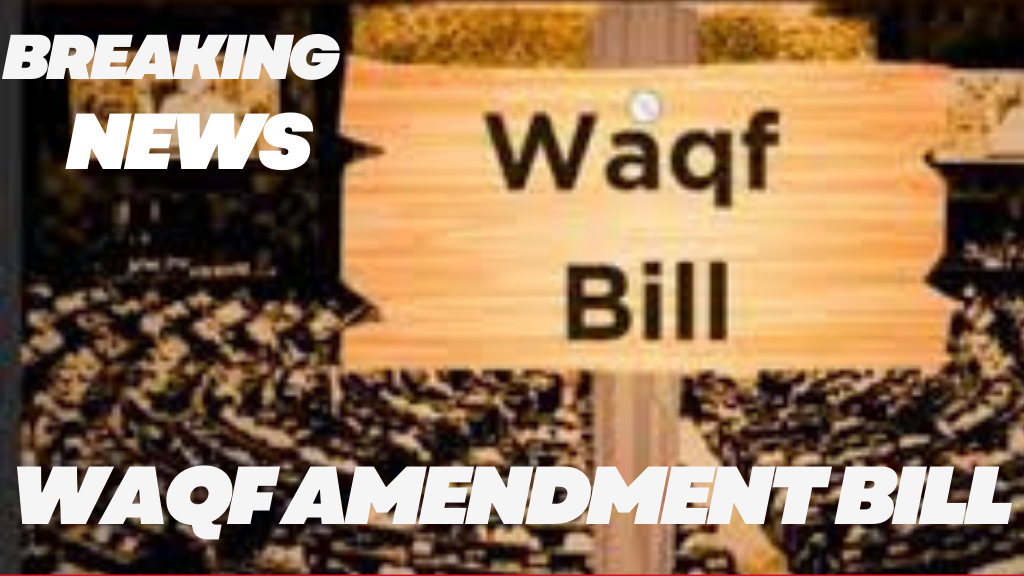
Waqf Amendment Bill
The Waqf Amendment Bill 2025 that Kiren Rijiju presented as a Union Minister of Minority Affairs in the Lok Sabha has sparked outrage across the floors of Parliament in India. An uproar was imminent with the government proposing drastic alterations like expanding the consultative scope of Waqf boards to non-Muslims and increasing state control on Waqf management, as cited in the pre-bill discussions. The government argues that the non-Muslim inclusion will help diversify and manage Waqfs better to eradicate waste and corruption in waqf properties management.
On the other hand, Congress President Mallikarjun Kharge raised opposing arguments and led the congress charge against waiving spending caps for monetary controls. Kharge described the waqf control as a split within the government policies underlying “a divisive RSS/BJP agenda” that counteracts the Indian constitution. “You can witness the unity produced by these autocratic measures and dictatorship against the basic freedoms,” Kharge said, uniting Congress and the rest of the opposition to define one voice in standing resistance against infringing actions targeting the exploitation of minorities.
Some of the relevant highlights have been succinctly drafted below from the Waqf Amendment Bill 2025:
Appoint Non-Muslim Representation: To appoint members of the Waqf Board, non-Muslim members are now a necessity, contrary to the existing norm where members are exclusively drawn from the Muslim community.
Government Control: The government has the power to audit Smith Waqf properties administered under non-Muslim entities for the purposes of eradicating waste in the Waqf lands administered.
Limitation of Ownership: The property controlled by the state and incorrectly classified as waqf land will no longer be waqf land.
Opposition’s Concerns: Waqf Amendment Bill
The critics believe that the law may restrict the independence of Waqf boards and might cause the historic mosques and other Muslim community properties to be seized. It is argued that the allocation of seats for non-Muslims goes beyond an inclusivity policy and attempts to deliberately infringe on the power of the minorities.
Political Dynamics: Waqf Amendment Bill
The BJP has to depend on its coalition partners to support the bill, as they do not command a majority in the Lok Sabha. Both the National Democratic Alliance (NDA) led by the BJP and the opposing INDIA bloc had already issued whips, which means the presence of their members during the discussion is compulsory, which speaks a lot about the sensitivity of the issue.
Next Steps:
Once the bill is approved by the Lok Sabha, the upper house, Rajya Sabha, will scrutinize it next. It’s highly likely that the bill will attract intense attention and there will be fierce conflict throughout Parliament due to infinite reasons that stem from intense debate among different parties, especially the strong resistance it faces and its wide-reaching consequences.
The Waqf Amendment Bill 2025 captures the attention of the public primarily due to this movement bringing to light the existing debate around the rights of the minorities in India and the governmental control over religion.